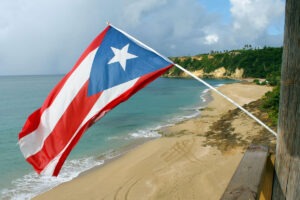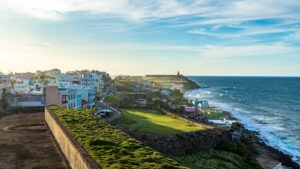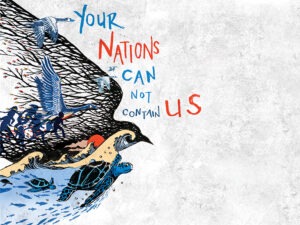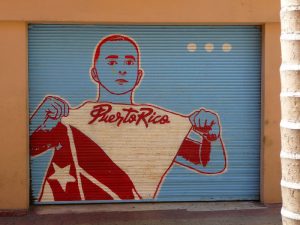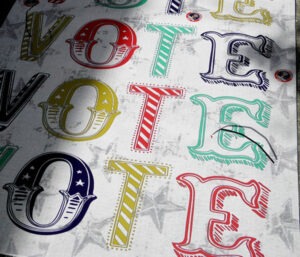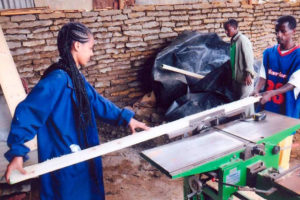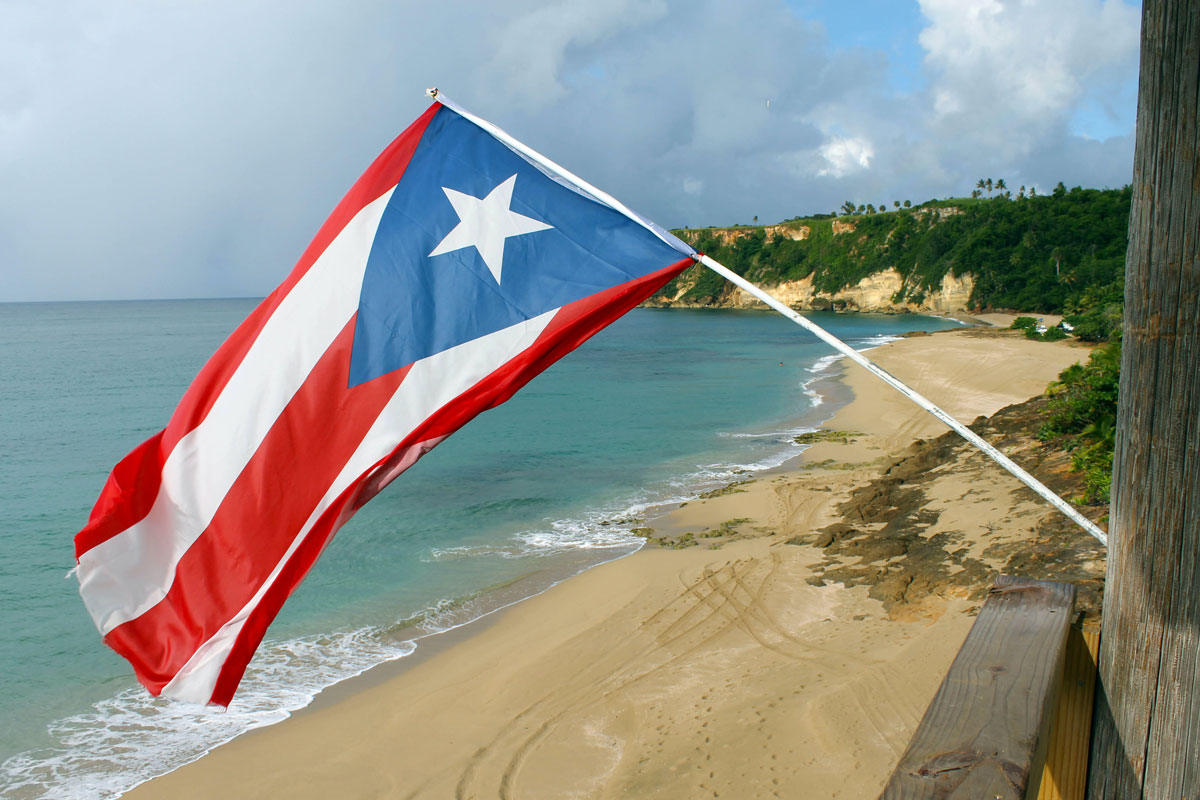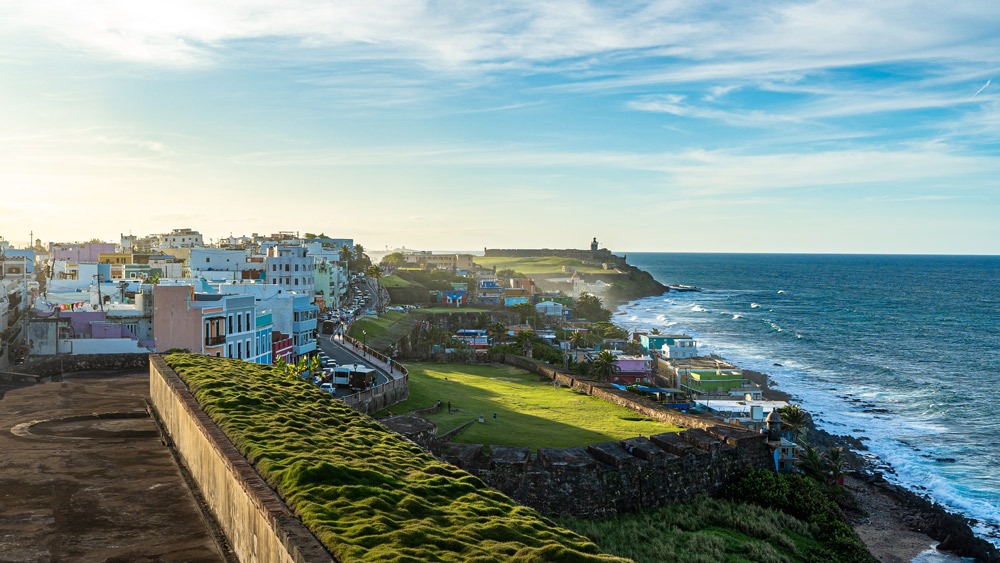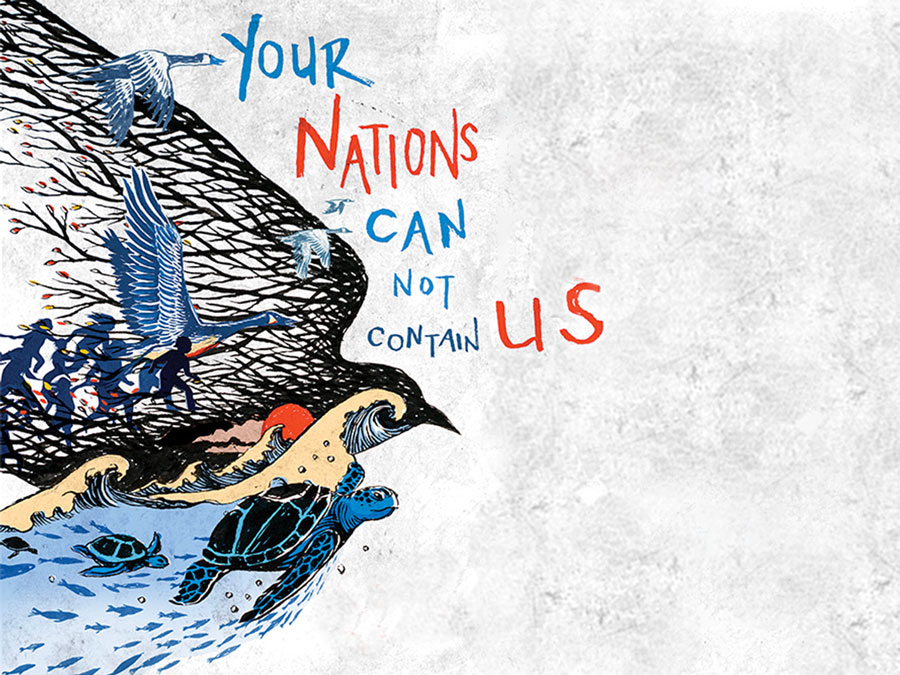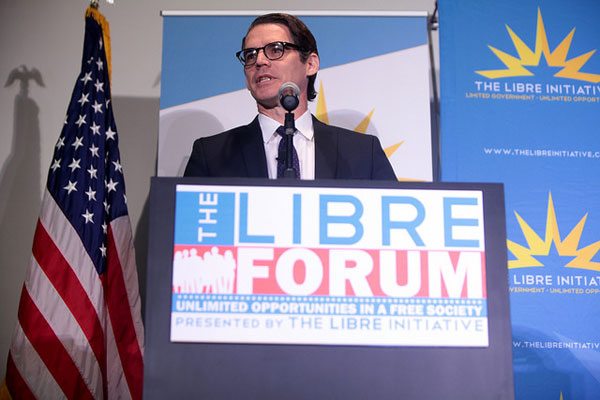
January 8, 2018; Washington Post
Hurricane Maria’s destruction on Puerto Rico spawned one of the largest mass migration events in the United States’ recent history. Florida, of course, is a swing state—and one with a large influx of Puerto Rican residents. As Ed O’Keefe notes in the Washington Post: “Florida officials say more than 300,000 people have at least passed through the Sunshine State from Puerto Rico in pursuit of new opportunities or temporary shelter. Thousands of young island residents have been enrolled in Florida schools while their parents seek work and housing.”
Clearly, these new voters could tip the balance for the 2018 elections. On the right, the Libre Initiative and its sister organization, the Libre Institute, are seeking to roll out social services to help migrants, with the hope that they can also “educate people about the principles that are close to our hearts,” as David Velasquez, deputy state director for Florida for the Libre Institute puts it.
O’Keefe gives an overview of some of Libre’s work:
The Libre Institute’s “Welcome to Florida” classes will launch this week at the group’s offices in the Orlando area, part of an initial $100,000 commitment by the group that is set to grow in the coming weeks as the program expands to centers in Miami and Tampa, two other parts of the state attracting Puerto Ricans.
The group is relying on partners such as Florida Hospital Orlando, Spanish-language radio stations and a network of churches across the region to help spread the word about the classes. State officials greeting Puerto Ricans arriving at airports in the state also are referring them to Libre for assistance, according to David Velasquez, deputy state director for Florida for the Libre Institute.
Sign up for our free newsletters
Subscribe to NPQ's newsletters to have our top stories delivered directly to your inbox.
By signing up, you agree to our privacy policy and terms of use, and to receive messages from NPQ and our partners.
Since its founding in 2011, many, including NPQ, have noted Libre Initiative’s right-wing sources of funding—in particular, the Koch brothers. Though the Johnson Amendment still stands, there are many reasons to suspect Libre’s intentions and goals. In 2014, the Associated Press called Libre the “shadow GOP.” In 2015, the Bridge Project wrote this 44-page report elaborating in their view how “Koch’s Libre Initiative is Harmful to the Hispanic Community.”
Daniel Garza, a former White House staffer under George W. Bush, founded Libre as a 501c4 trust. The much smaller affiliate, Libre Institute, also headed by Garza, is a 501c3 that works on issue advocacy across the country. Garza is Libre’s trustee, an elaborate step typically taken by the Koch funded network of nonprofits, as reported by Kim Barker and Theodoric Meyer in ProPublica: only a limited liability company that goes by the name of THGI has the power to remove Garza from his post. Barker and Meyer add that “tax experts say that this means that someone behind that LLC can actually control the nonprofit. ‘It’s someone having control, and it’s that someone going to great lengths to avoid being known,’ said lawyer Marcus Owens, who used to run the Exempt Organizations division of the IRS.”
As O’Keefe points out, the electoral stakes are high:
Residents of Puerto Rico are US citizens who can participate in presidential primaries but cannot cast a vote for president—unless they move to the mainland and register to vote. With hundreds of thousands of Puerto Ricans leaving the island, they are poised to transform several communities in Florida and bolster fledgling island communities in Georgia, North Carolina and Texas while adding to their already large numbers in New Jersey, New York and parts of New England. The ongoing churn has the potential to transform the political dynamic ahead of November’s midterms, especially in down-ballot races, in which even a few hundred new voters could make a difference.
The 2018 Florida gubernatorial election, for example, will take place on November 6, 2018. Florida’s next governor (incumbent Republican Governor Rick Scott is term-limited), one of its US Senate seats, and various local elections will be decided. The Washington Post and others have accused Libre through the years of attempting to lure Latinxs to the GOP.
Libre officials say they are advocating policies, not specific candidates. But as hundreds of thousands of Puerto Rican natural-born citizens of the United States move freely between the island and the mainland and thereby gain the right to vote, they would do well to ask any group showing up with a lot of money and abundant handouts where the money came from and why. They might also ask why the generosity now and in Florida, and not last September in Puerto Rico.—Jim Schaffer


